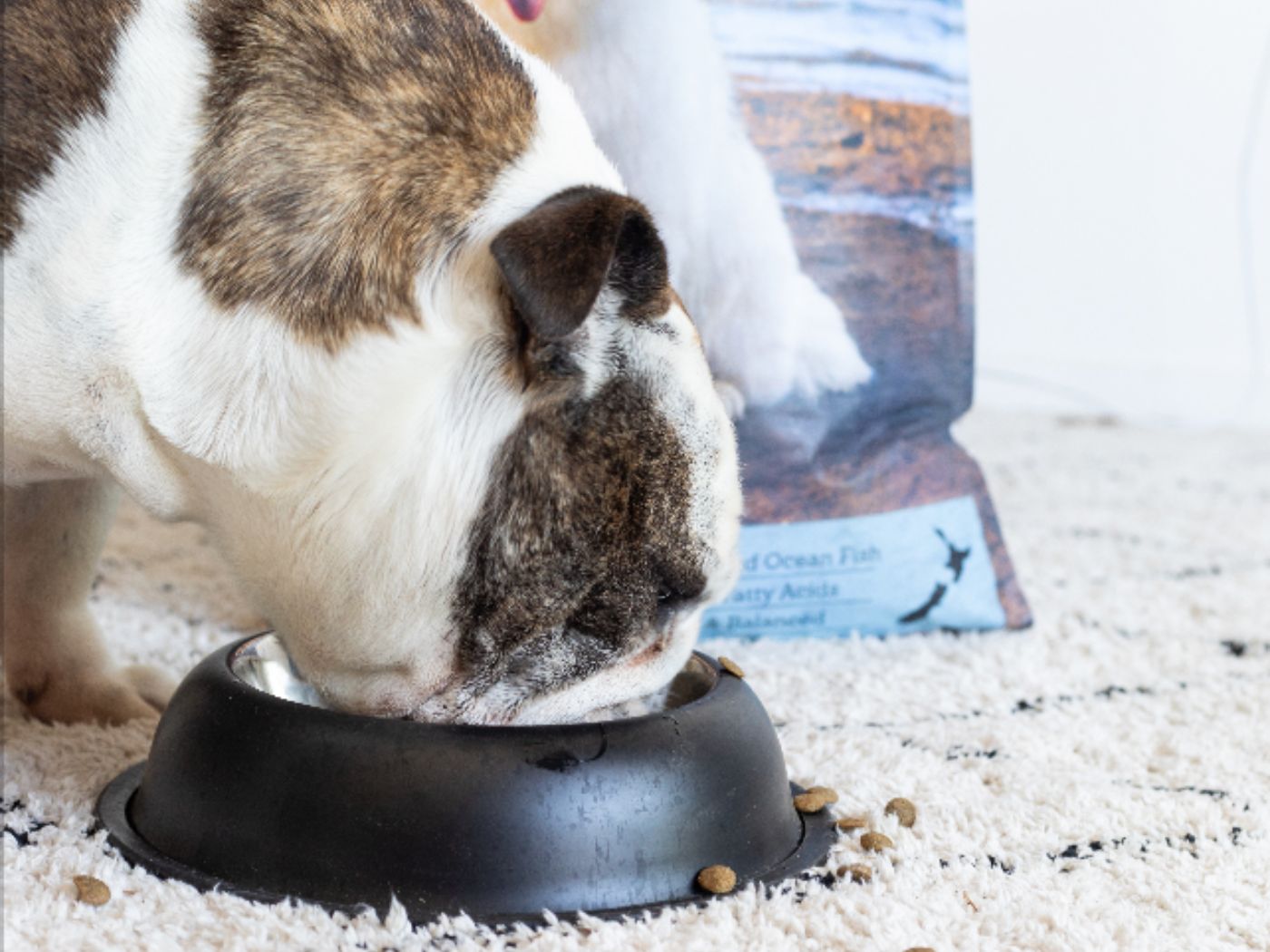I will never forget my first case of chocolate poisoning when I was a newly graduated vet. Barclay was a little Jack Russell who had unfortunately snaffled a large, dark chocolate Easter Bunny and gobbled it down tinfoil and all. By the time his owners found the small amount of wrapping he had left behind as evidence of his misdeeds he was already showing some of the classic signs of chocolate poisoning – muscle tremors and a very rapid heart rate.
Fortunately, Barclay’s case ended well. His owners were aware that chocolate can be poisonous to dogs and got him into the veterinary clinic as quickly as possible. We evacuated what was left of the chocolate in his stomach and supported him through an uncomfortable night with intravenous fluids and lots of TLC (tender loving care).
However, many dog owners are not aware of the potential problems caused by ingesting chocolate.
Why is chocolate toxic to dogs?
Chocolate contains a compound called theobromine which humans can metabolise and excrete, but dogs unfortunately cannot. Theobromine is a stimulant and a toxic dose of it can cause a rapid and/or irregular heart rate and in very severe cases can lead to death.
The concentration of theobromine differs between the various forms of chocolate with cocoa powder and dark chocolate containing the most, milk chocolate a medium amount and white chocolate very little.
Signs of chocolate poisoning
Symptoms of chocolate toxicity can be seen anywhere between 30 minutes and 24 hours after ingestion and may include:
- Vomiting and/or diarrhoea
- Hyperactivity/ restlessness
- Increased thirst and/or urination
- Rapid breathing
- Racing heart rate
- Muscle tremors
- Seizures
- Collapse and death
What to do if your dog has eaten chocolate
If your dog has eaten chocolate don’t wait until they are showing symptoms call your veterinarian immediately. Your vet will want to know:
- The type of chocolate (eg: milk, dark)
- Approximately how much your dog might have eaten
- How much your dog weighs
- When your dog may have eaten it
Based on that information your vet will estimate the likelihood of toxicity.
Unfortunately, there is no specific treatment or antidote for chocolate poisoning. If your dog has eaten the chocolate within the last few hours then your vet may simply induce vomiting and possibly follow this up by administering activated charcoal to limit absorption of any theobromine that may remain in the intestines. In more severe cases supportive care is necessary with intravenous fluids, anti-seizure medications if indicated or cardiac medications for dogs showing severe cardiac symptoms.
Prevention is better than cure
Of course no veterinarian really wants to spend their Easter cleaning up chocolately vomit, so here’s some tips for keeping furry paws away from your chocolate stash this Easter:
- Never give chocolate as a treat – you don’t want your dog to become accustomed to the taste of small amounts of chocolate and seek out more!
- Store all chocolate (including wrapped chocolates, cocoa powder, hot chocolate mixture and cacao) where your pet cannot get to it. Be careful not to leave chocolate out on benchtops or in handbags.
- If having an easter egg hunt in the backyard make sure that your pooch is securely locked away and all eggs are accounted for at the end of the fun!
Of course, these tips are relevant all year round, especially at Christmas, Valentine’s Day and even Halloween.
As for cats, veterinarians seldom see cases of chocolate toxicity in cats. This is probably because they are more finicky about their food choices and do not have the ability to taste sweetness.
So this Easter, remember that when it comes to our pets sharing is not caring.



